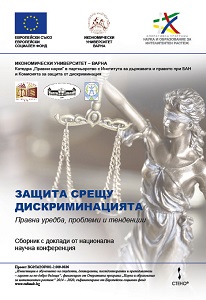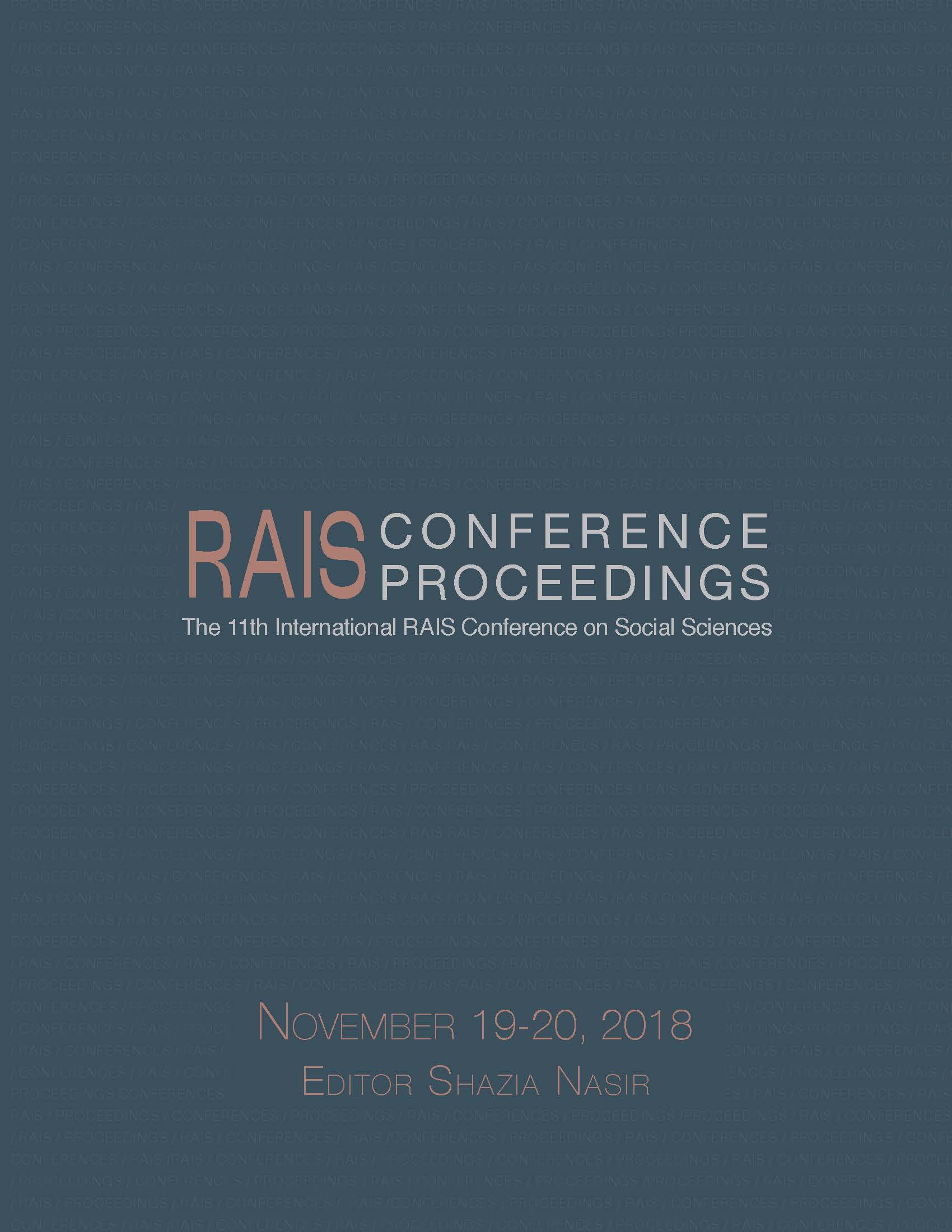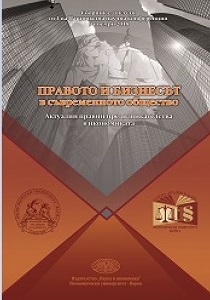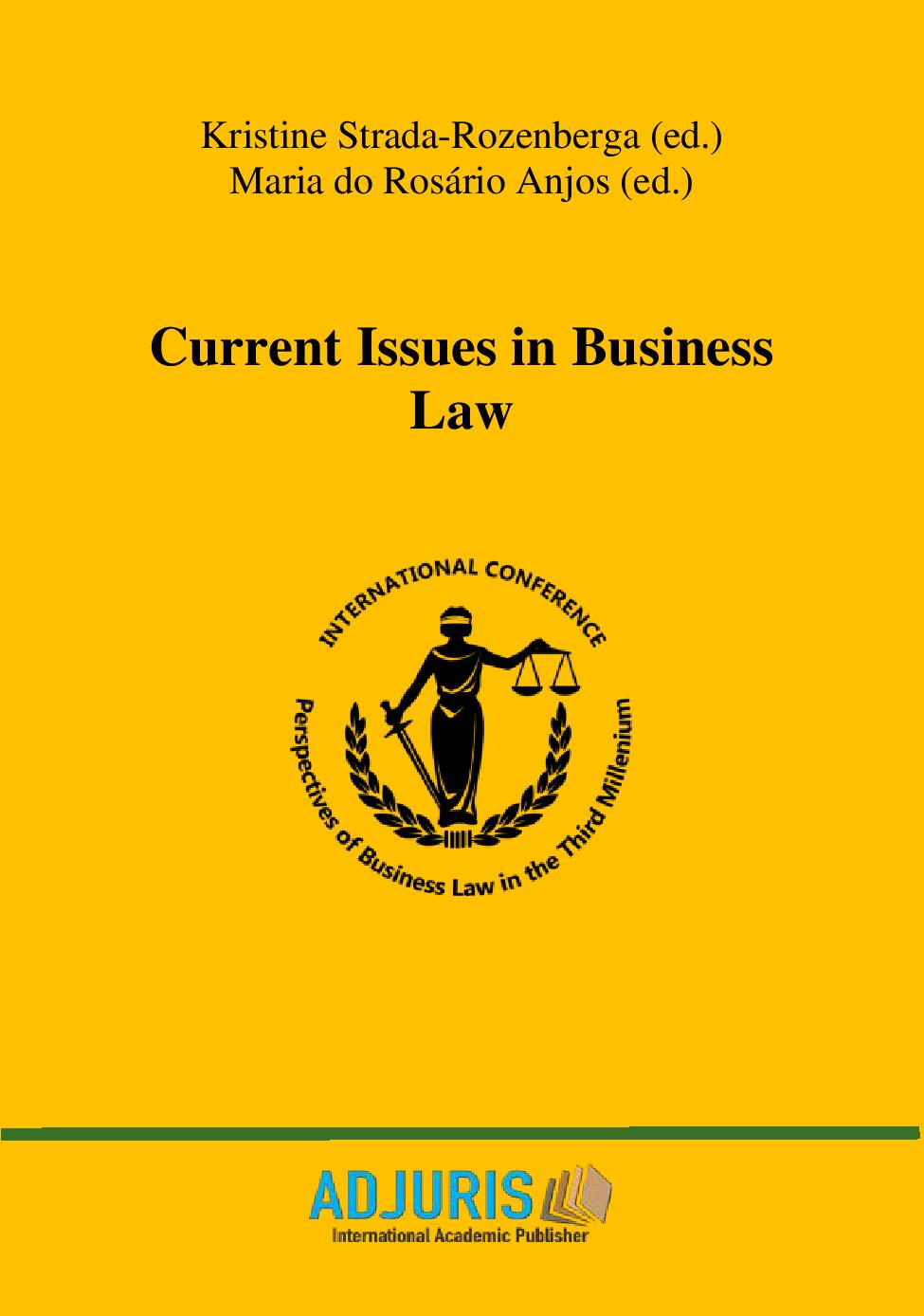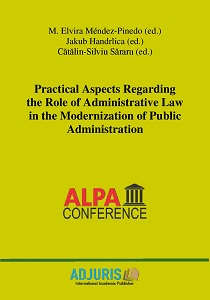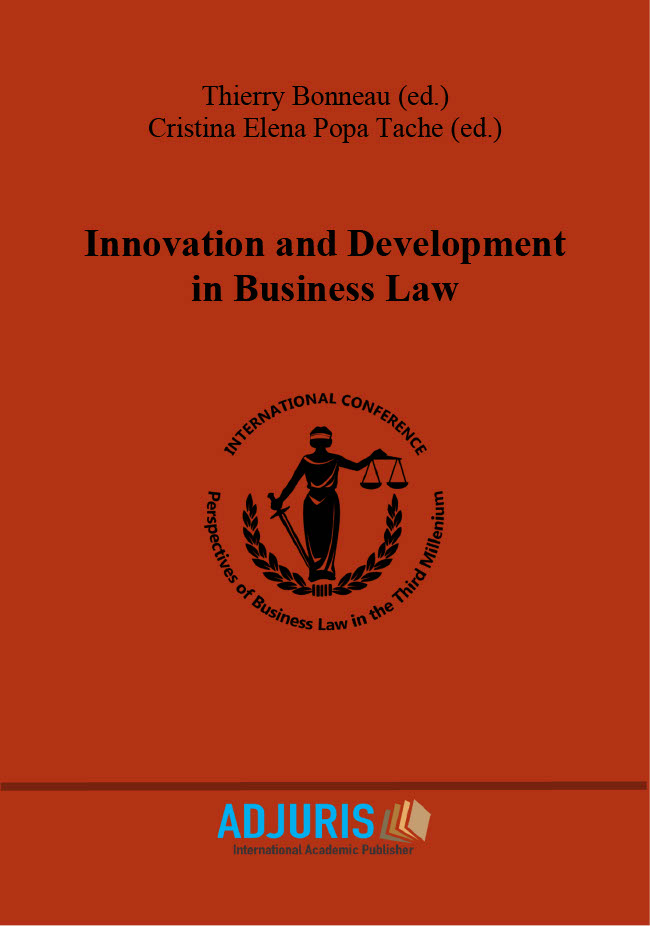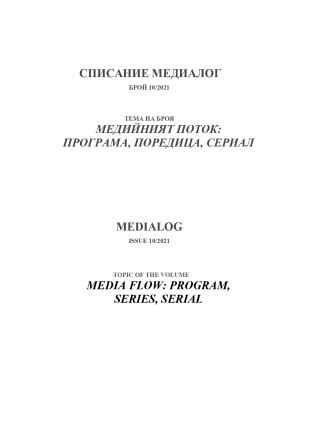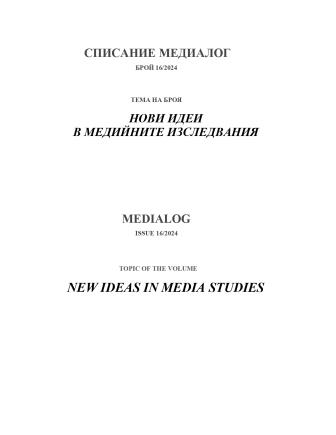Author(s): Maria Markova / Language(s): Bulgarian
The subject of consideration in the book “Intellectual property in the publishing business” is a disclosure of the publishing business as a creative industry and the publishing products like books, magazines and others as intellectual property objects. The consideration of these topics in the context of the interrelationship "publishing business - intellectual property" is based on a complex, historical and systematic approach, emphasizing the significant and useful concepts, interrelationships and decisions in the economic and legal aspects of international and Bulgarian business, author’s experience and up-to-date solutions.The modern publishing business, characterized by dynamism and digital nature, the modern printed book market, characterized by a variety of forms and saturation, the modern consumer, characterized by awareness and digit culture, function in a new business environment and with new requirements for the publishing business. The participants in the publishing business, the life cycle of the publishing business as a process and as products are changing. The publishing business is being modified, shortened, information about prices, quality and manufacturers is available through multiple communication channels. The publishing business is a creative industry, regardless of the participation of a number of technical and executive processes and personnel. It creates a result - a printed work, which is subject to the intellectual property rights that provides protection for creative products. The publishing business is a creative industry with participants, markets and users, classic and modern forms of realization; The publishing sector is one of the largest cultural industries in Europe, with a total market value estimated at €36-38 billion. The entire value chain (including authors, booksellers, printers, designers, etc.) is estimated to employ more than half a million people according to the 2018 European Federation of publishers report. With more than 500,000 titles published annually, the European book sector is extremely rich and diverse. The products of the publishing business are many and varied, each of them is a complex intellectual product with identifiable intellectual property in it. The products of the publishing business are artistic property as objects of protection according to the copyrights law with exclusieve rights of authors or other copyright holders with economic realization of their rights. The products of the publishing business in their individual elements may be object of protection as an industrial design, as trade mark or other objects of intellectual property. In parallel, other objects of intellectual property are also present in the publishing business: industrial design, trademark, know-how. The forms of economic realization of the products of the publishing business are many and different: through a publishing contract, licenses, sponsorship, patronage, advertising. Special attention is paid to the forms of academic, free and legal use of the products of the publishing business. Special attention also is paid on the following aspacts in the publishibg business: Copyright and related right holders in the publishing business, authors and co-authors, compilers and publishers, economic relations between creators, publishers, editors and employers; the publisher as a participant in the process of creation and realization of printed works, economic realization of publishing products as an intellectual product, publishing contract; free and legal use of the products of the publishing business, nature and characteristics compensation, nature and characteristics of contracts for the creation, prining and use of publishing products, free licenses and academic use - nature, terms and rights; international conventions, Directives and other regulations in the field of publishing business as main principles, content and scope of protection; piracy and plagiarism in the publishing business as an essence and factors, forms in the Internet and other market segments, countering piracy and plagiarism in the publishing business. The book is intended for academics – lecturers, researchers and students, for professionals in the field of intellectual property and publishing business - experts, consultants, enterpreneurs and for everyone interested in this issue.The subject of consideration in the book “Intellectual property in the publishing business” is a disclosure of the publishing business as a creative industry and the publishing products like books, magazines and others as intellectual property objects. The consideration of these topics in the context of the interrelationship "publishing business - intellectual property" is based on a complex, historical and systematic approach, emphasizing the significant and useful concepts, interrelationships and decisions in the economic and legal aspects of international and Bulgarian business, author’s experience and up-to-date solutions. The modern publishing business, characterized by dynamism and digital nature, the modern printed book market, characterized by a variety of forms and saturation, the modern consumer, characterized by awareness and digit culture, function in a new business environment and with new requirements for the publishing business. The participants in the publishing business, the life cycle of the publishing business as a process and as products are changing. The publishing business is being modified, shortened, information about prices, quality and manufacturers is available through multiple communication channels. The publishing business is a creative industry, regardless of the participation of a number of technical and executive processes and personnel. It creates a result - a printed work, which is subject to the intellectual property rights that provides protection for creative products. The publishing business is a creative industry with participants, markets and users, classic and modern forms of realization; The publishing sector is one of the largest cultural industries in Europe, with a total market value estimated at €36-38 billion. The entire value chain (including authors, booksellers, printers, designers, etc.) is estimated to employ more than half a million people according to the 2018 European Federation of publishers report. With more than 500,000 titles published annually, the European book sector is extremely rich and diverse. The products of the publishing business are many and varied, each of them is a complex intellectual product with identifiable intellectual property in it. The products of the publishing business are artistic property as objects of protection according to the copyrights law with exclusieve rights of authors or other copyright holders with economic realization of their rights. The products of the publishing business in their individual elements may be object of protection as an industrial design, as trade mark or other objects of intellectual property. In parallel, other objects of intellectual property are also present in the publishing business: industrial design, trademark, know-how. The forms of economic realization of the products of the publishing business are many and different: through a publishing contract, licenses, sponsorship, patronage, advertising. Special attention is paid to the forms of academic, free and legal use of the products of the publishing business. Special attention also is paid on the following aspacts in the publishibg business: copyright and related right holders in the publishing business, authors and co-authors, compilers and publishers, economic relations between creators, publishers, editors and employers; the publisher as a participant in the process of creation and realization of printed works, economic realization of publishing products as an intellectual product, publishing contract; free and legal use of the products of the publishing business, nature and characteristics compensation, nature and characteristics of contracts for the creation, prining and use of publishing products, free licenses and academic use - nature, terms and rights; international conventions, Directives and other regulations in the field of publishing business as main principles, content and scope of protection; piracy and plagiarism in the publishing business as an essence and factors, forms in the Internet and other market segments, countering piracy and plagiarism in the publishing business. The book is intended for academics – lecturers, researchers and students, for professionals in the field of intellectual property and publishing business - experts, consultants, enterpreneurs and for everyone interested in this issue.
More...
